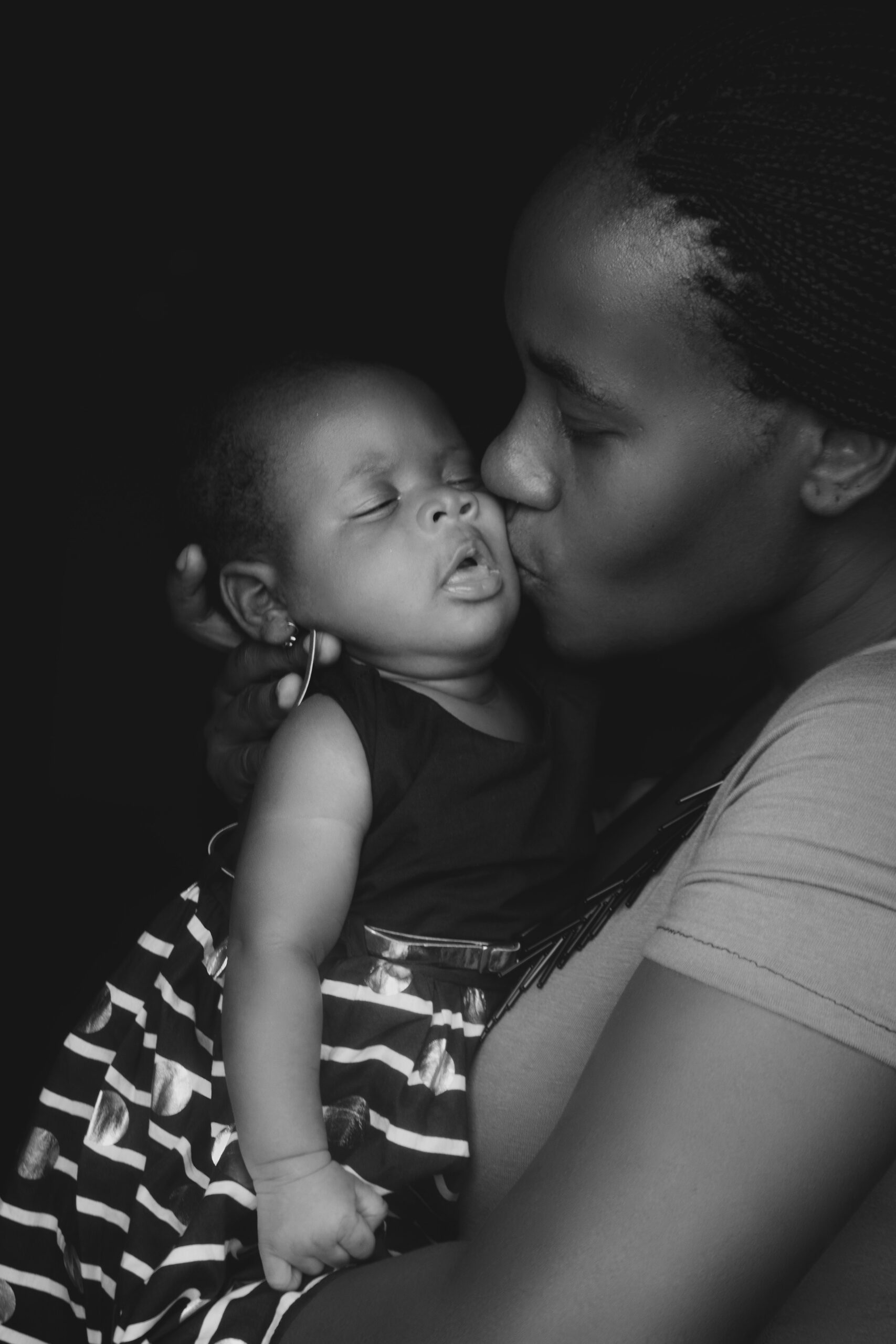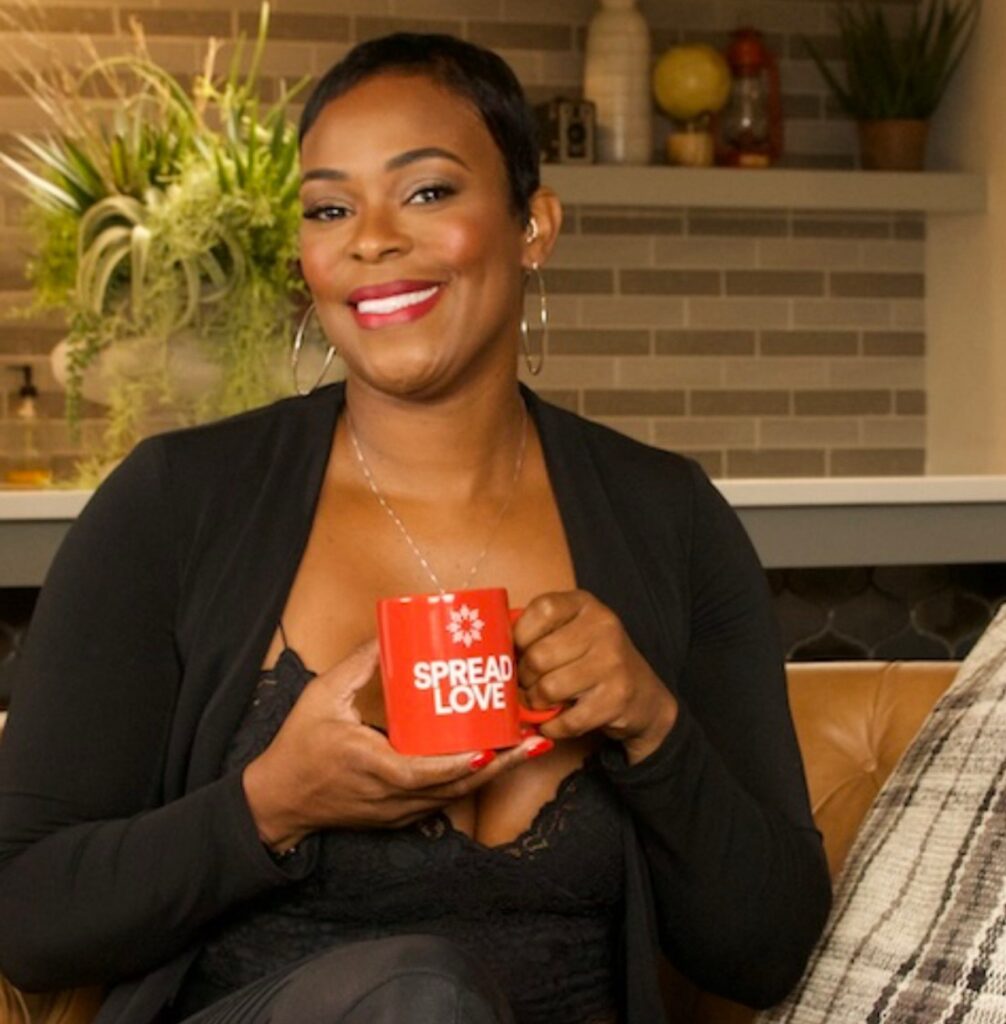When you’re going to have a baby, it’s like planning a fabulous vacation trip – to Italy. You buy a bunch of guidebooks and make your wonderful plans. The Coliseum. The Michelangelo David. The gondolas in Venice. You may learn some handy phrases in Italian. It’s all very exciting.
After months of eager anticipation, the day finally arrives. You pack your bags and off you go. Several hours later, the plane lands. The stewardess comes in and says, “Welcome to Holland.”
“Holland?!?” you say. “What do you mean Holland?? I signed up for Italy! I’m supposed to be in Italy. All my life I’ve dreamed of going to Italy.”
But there’s been a change in the flight plan. They’ve landed in Holland and there you must stay.
The important thing is that they haven’t taken you to a horrible, disgusting, filthy place, full of pestilence, famine, and disease. It’s just a different place.
So, you must go out and buy new guidebooks. And you must learn a whole new language. And you will meet a whole new group of people you would never have met.
It’s just a different place. It’s slower-paced than Italy, less flashy than Italy. But after you’ve been there for a while and you catch your breath, you look around…. and you begin to notice that Holland has windmills….and Holland has tulips. Holland even has Rembrandts.
But everyone you know is busy coming and going from Italy… and they’re all bragging about what a wonderful time they had there. And for the rest of your life, you will say “Yes, that’s where I was supposed to go. That’s what I had planned.”
And the pain of that will never, ever, ever, ever go away… because the loss of that dream is a very very significant loss. But… if you spend your life mourning the fact that you didn’t get to Italy, you may never be free to enjoy the very special, the very lovely things … about Holland.
– Emily Pearl Kingsley
This is how one mother describes raising a Special Needs Child.
We often think of Special Needs Children as a child with a physical or mental disability. Many of these children labeled with a disability are known to have Down Syndrome, Autism, or Cerebral Palsy. On the lower end of the spectrum, there are kids with learning disabilities; Attention Deficit Disorder (ADD), Attention Deficit Hyperactive Disorder (ADHD), dyslexia, or a lower IQ than most children. Then, there are children with high levels of emotional needs and have trouble functioning in social settings but are not usually recognized as Special Need Children. It is important to note there are four types of Special Needs Children – physical, developmental, behavioral/emotional, sensory impaired.
A parent never expects to raise a special needs child and it is not something a parent can prepare for. However, it is the parent’s responsibility to pay close attention to their child to ensure the proper diagnosis and find the right treatment for their child.
In a recent discussion, one black mother discusses her experience with raising a Special Needs Child. She summarizes the challenges, effect on family dynamics, and how the pandemic has affected not only special needs children but also parents of these children.
What is your experience with raising a special needs child?
It’s fulfilling and difficult in some ways. You have to let go of your expectations as a mom and as a parent in terms of what your child can achieve. Dreams, visions, or goals. When you realize your child is a Special Needs Child, their path will be different from a typical child. You experience the death of a dream and a level of mourning in what you hoped of and dreamed of compared to reality.
You have to have the ability to deal with the new reality knowing the journey is going in a different direction. Parents can have extra anxiety produced by uncertainty and moments of grief. It stems from not knowing the outcome of their child. Is my kid going to sit down in a restaurant? People are quick to judge a parent. There is also the pressure of what is supposed to be. Is my child crawling, walking, or able to perform developmental activities as other children in the same age group?
What are some of the challenges in raising a Special Needs Child?
It depends on the diagnosis or disability. Some kids can function normally with some emotional issues. Other kids can be low functioning or high functioning. Social cues are usually missed in social interactions.
Is it an emotional problem or is it a behavioral problem? It depends on what is going on with the child. Some kids have learning disabilities along with mental health issues. A correct diagnosis is necessary for a parent to look for the proper resources, treatments, services, and interventions. If a child doesn’t get the appropriate help early on, the child can encounter more difficulties as they get older. The parent has to understand what resources are available.
A parent needs to be an advocate for their child and have the finances to help their child. Helping your child can look like speech therapy, occupational therapy, and/or legal assistance. A parent must also recognize if their child needs medication or counseling. As a parent, dynamics between siblings can be challenging. How do you focus on all your children? What is the family dynamic? Both parents need to be on the same page because there are higher rates of divorce among parents with a Special Needs Child. Usually, one parent is doing most of the organizing for the needs of that child.”
How has having a Special Needs Child affect the dynamic of siblings?
“It wasn’t noticeable when the kids were younger. It manifested more in school; the challenge of the school work, doing the work, and social-emotional behavior. One child was more social-emotional and had academic challenges. The other child was just a typical kid. Siblings can often feel resentment in the difference of treatment by their parents because one kid always gets away with more. The challenge begins in the latter part of middle school and beginning of high school. Oftentimes, as a child gets older, they may wonder if they are going to have to take care of their sibling.”
How do you think the pandemic affected Special Needs Children?
“It’s tough. If you have a therapist, in-home behavioral therapist, or occupational therapist coming to the house weekly, it’s hard to do those sessions via Zoom. Also, educationally, it’s hard to get a child to sit down and focus. Special Needs Children are at a disadvantage. For a wealthy mom, she can have someone come to the home and facilitate social distancing sessions and/or lessons. For low-income folks its harder. It becomes a question of who is monitoring the kids engaged in online schooling. Kids need socialization. Resources vary from state to state and per school district.”
Why do you think black and brown children are not the face of Special Needs Children in the United States?
“It could be the parents and the issue of stigma. Culturally black people do not put their business in public or believe in therapy. As time progresses, parents are open. There is a level of vulnerability as a black person navigating the fact you are a parent with a special needs child.”
Currently, data is not tracked for the outcome or success rates of Special Needs Children. While raising kids is a challenge in itself, attention must be given to the challenges and dynamics of having a Special Needs Child.
Let us applaud the parents who diligently fight for their Special Needs Child especially during a pandemic.
Camille is a lover of all things skin, curls, music, justice, and wanderlust; oceans and islands are her thing. Her words inspire and her power is her voice. A California native with Trinidadian roots, she has penned personal essays and lifestyle pieces for Medium and xoNecole. Camille is currently creating a life she loves through words, self-love, fitness, travel, and empowerment.
Follow Us On Social Media!




